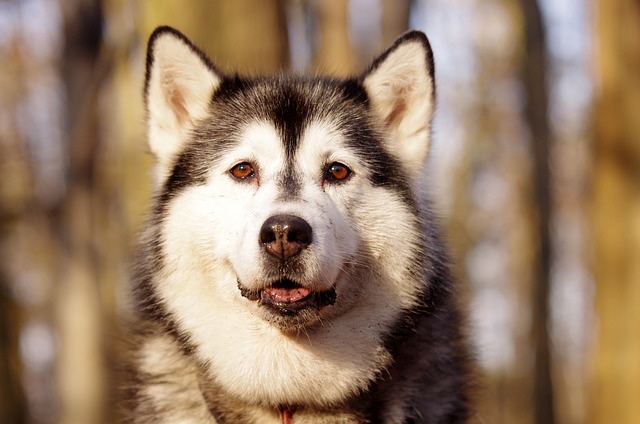
How do i train my dog to be obedient?
Watching your dog dart across the park ignoring your calls isn’t just frustrating—it can put them at risk near busy streets or public spaces.
Imagine coming home after a long day to find your dog has rearranged the trash can contents across your kitchen floor. Before frustration sets in, consider this: your dog isn't being naughty—they're responding to an evolutionary need to use their most powerful sense. A dog's nose contains up to 300 million olfactory receptors (compared to our mere 6 million), meaning their world is primarily experienced through scent. Scent training channels this natural ability into constructive activities that provide profound mental and physical benefits.
When your dog engages in scent work, they're not just having fun—they're undergoing what behaviorists call "cognitive enrichment." The concentration required to discriminate between scents and locate sources actually reduces cortisol levels (the stress hormone) while increasing dopamine production. This makes scent training particularly valuable for anxious dogs or high-energy breeds living in urban environments. A 2019 study from the University of Helsinki found that scent work significantly improved welfare indicators in dogs, reducing repetitive behaviors and increasing overall calmness. For apartment dogs with limited space, just 15 minutes of scent work can provide equivalent mental exhaustion to a 45-minute walk.
Getting started is simpler than you might think. Begin with "Find It" games using treats hidden in plain sight, gradually progressing to more challenging hides under cups or behind furniture. Use high-value rewards like freeze-dried liver or cheese bits, and always celebrate successes with enthusiastic praise. The key is letting your dog work independently—resist the urge to guide them, as problem-solving is where the mental benefits occur. This positive reinforcement approach aligns with modern training standards across the U.S. and Europe, where methods that build confidence through success are preferred over correction-based techniques.

Before taking scent games to public spaces, ensure your dog's vaccinations—particularly rabies—are current, as this is legally required nationwide and essential for community safety. When training in parks, always follow local leash laws and be mindful of other visitors. Keep sessions short to avoid overwhelming your dog, and always clean up after them—most municipalities have strict ordinances regarding pet waste disposal. If you're using food rewards outdoors, be considerate of wildlife and other dogs by avoiding areas where food scraps might cause issues.
For urban dwellers, scent training offers particular advantages. Create indoor sniffing stations using muffin tins with treats hidden under tennis balls, or make a DIY snuffle mat from fleece strips tied to a rubber base. These activities provide essential mental stimulation during extreme weather or for dogs with mobility limitations. If you live in apartments with noise restrictions, scent games are perfect—they're virtually silent compared to fetch or other active games. Just be sure to store training materials properly to avoid attracting pests in multi-unit buildings.
The benefits extend beyond your dog alone. Scent training strengthens the human-animal bond through positive interactions and gives owners new ways to understand their dog's capabilities. Many trainers report that scent work helps reactive dogs gain confidence and helps senior dogs maintain cognitive function. Whether you're looking to reduce destructive behaviors, build confidence, or simply deepen your connection with your dog, scent training offers a rewarding pathway that honors your dog's natural abilities while respecting modern animal welfare standards.

Watching your dog dart across the park ignoring your calls isn’t just frustrating—it can put them at risk near busy streets or public spaces.

New puppy owners often find themselves rushing to clean up accidents before they set in, and that’s where puppy pad training becomes a game-changer.

If you've noticed your dog's waistline disappearing and your veterinarian has mentioned those few extra pounds, your first instinct might be to simply reduce the amount of food in their bowl.

Training a dog to use a designated spot indoors isn’t as daunting as many new owners fear, but it does take consistency and an understanding of your pet’s needs.

That moment of dread on a walk is all too familiar for many new dog owners. You see another dog approaching down the sidewalk of your neighborhood

If the sight of another dog on your neighborhood walk makes your heart sink as your own dog erupts into a frenzy of barking and lunging, you're not alone.